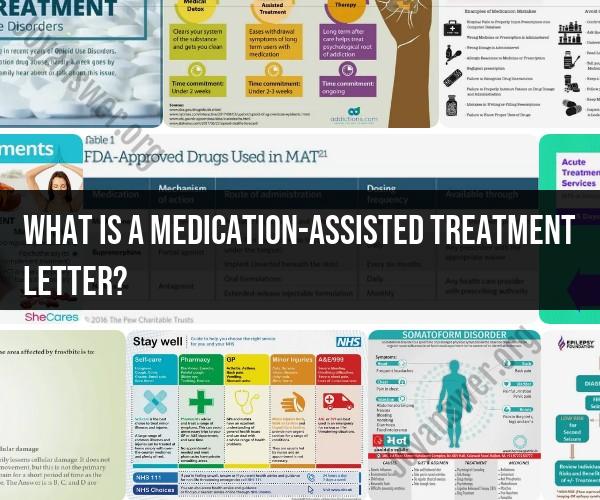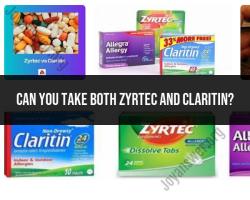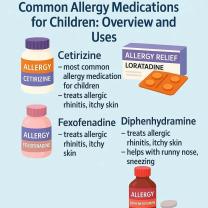What is a medication-assisted treatment letter?
A Medication-Assisted Treatment (MAT) letter is a document issued by a healthcare provider or clinic that certifies an individual's participation in a medication-assisted treatment program for substance use disorder (SUD). MAT is an evidence-based approach to the treatment of SUD that combines medications, such as methadone, buprenorphine, or naltrexone, with counseling and therapy to help individuals in their recovery journey.
The MAT letter serves several important purposes:
Legal Documentation: The letter may be used as legal documentation to demonstrate that the individual is receiving authorized treatment for their substance use disorder. This can be important for legal matters, including probation, parole, or child custody cases.
Protection Against Stigmatization: Individuals in MAT programs can face stigma and discrimination related to their treatment. The letter can help protect their rights and prevent discrimination in various contexts, such as housing or employment.
Compliance Verification: Some individuals in MAT programs may be required to provide proof of their participation in treatment to comply with certain court orders, probation requirements, or workplace policies. The MAT letter verifies their compliance.
Access to Medication: In some cases, the MAT letter may be required to access medications used in MAT programs, such as buprenorphine or methadone, from authorized healthcare providers or pharmacies.
Travel Authorization: Individuals who are on MAT and need to travel may require a MAT letter to carry their prescribed medications with them, especially if they are traveling to areas where the medications may be subject to regulations or restrictions.
It's important to note that the specific content and format of MAT letters may vary based on local regulations, treatment program policies, and individual circumstances. Typically, the letter will include information such as the individual's name, the medication prescribed, the prescribing healthcare provider's information, the duration of treatment, and any other pertinent details.
MAT is an important tool in addressing opioid use disorder and other substance use disorders, and MAT letters help ensure that individuals in treatment have access to necessary protections and resources while they work towards recovery.











